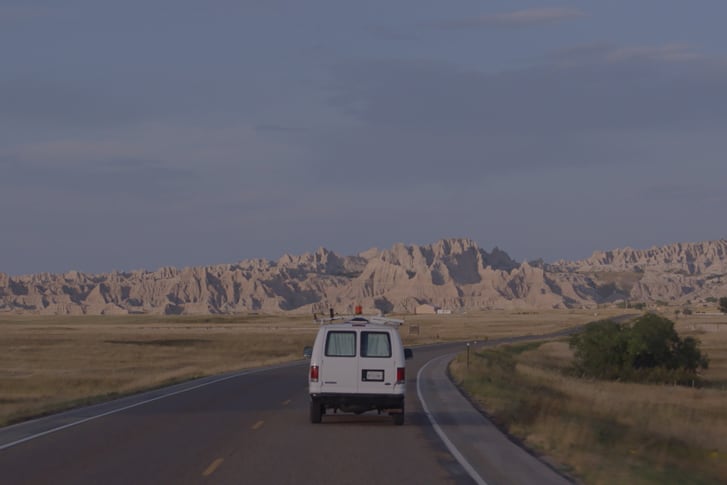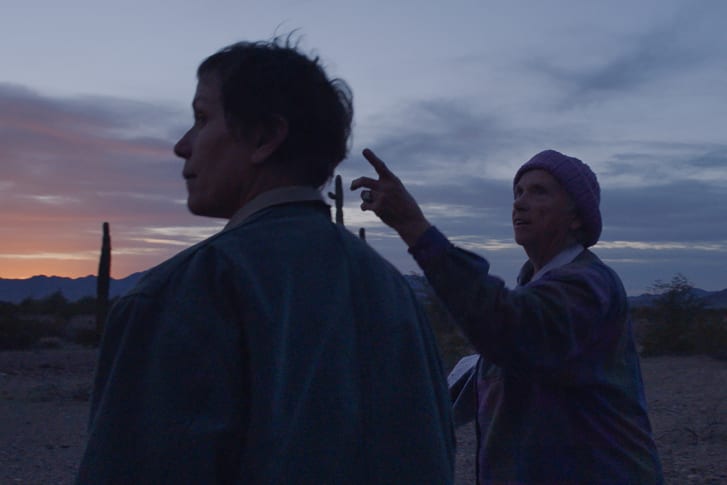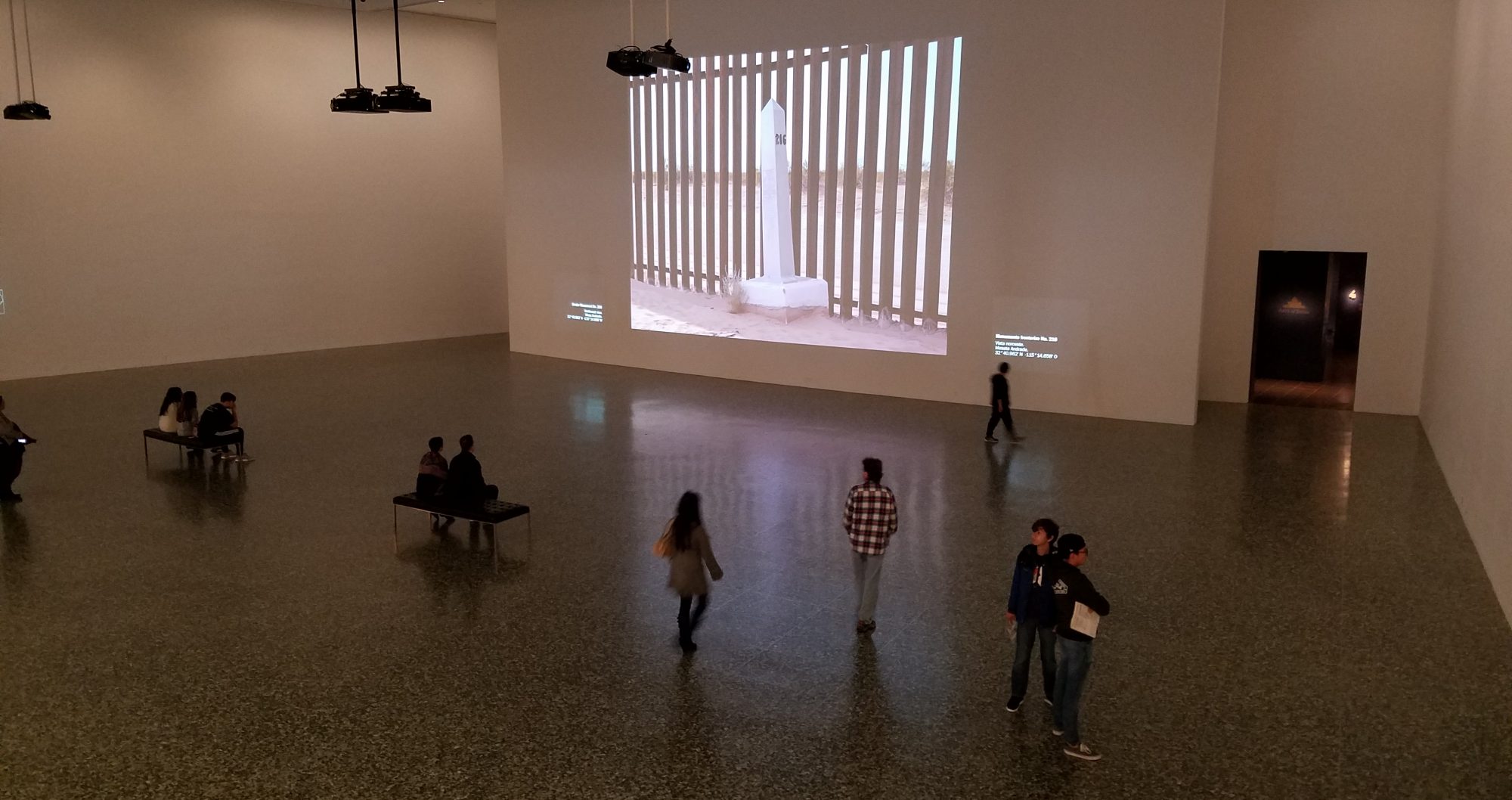Palm Sunday is today, yet this year another Easter season is occurring in our continued healing world. While I usually attend Mass to observe this day of obligation, as with millions of other Catholics, attending Mass still faces a level of uncertainty due to the pandemic. While optimism is increasing that things will arrive at our “new” normal, where parishes will welcome again full attendance at services, at this current time we still have limited capacities with stated [x] % ‘s for live events. While online services are available from some parishes, we are still in some way distantly removed from our communities of worship. I am certain that soon, maybe within months, we will start to see more opportunities to gather with others and to be in spaces where these limitations will be eliminated or reduced. I cannot help to think that even with the lifting of our protocols that when we gather, we all will have a certain level of distance and separation among others. We have been living with “socially distant” contact with others outside our daily bubbles. I just recently told my scholar brother that when we return back to the meeting room where we usually meet monthly with our work colleagues, what will the dynamics in that space be when 12 or so bodies are enclosed with doors shut? The thought occurred when I worked from my campus office where I haven’t seen my colleagues all at once on one day in our office suites since the pandemic. My colleague and I agreed that a level of disconnect has been put into place with how we view our current workspace. Mixed emotions set in with regards to how we feel about working from home with working in an office. Since March 2020, everyone has experience some level of disconnection with others and things that comprise their world. For those of us living through this moment, we have experience the feeling of things normal for us to be discontinued.
Discontinued is a word that starts the story of Fern in Chloe Zhao’s poetic and beautiful film, Nomadland.
The film’s opening title card starts with information on the rural town of Empire, Nevada. We learn that the town’s major employer, U.S. Gypsum, had to shut down on January 31, 2011, as a result of the recession. The frame ends with the straight foward statement that after 88 years in the town, “the ZIP code 89405 was discontinued.” Thus, the livelihoods and careers of individuals in Empire, Nevada gradually started to be discontinued.
As we start the film, it appears that Fern, a strong yet stubborn woman beautifully portrayed by actress Frances McDormand, is one of the last holdouts of Empire (the irony of the town’s name was not lost on this viewer). We first see Fern loading up her van with belongings from a storage unit. While we don’t know her full story at the onset of the film, we can gather from Fern’s rough, rugged, and disheveled look that she already has encountered some difficulties. First, the brilliance of this movie is that it allows you to invest your time to learn more about Fern. The movie is not one who loves fast-paced editing and short, succinct scenes. The director Zhao is patient with her storytelling. Fern allows her story to emerge through her van and interactions with real-life Nomads she meets on the road.

To give details of the many stories contained in Nomadland would take away the wonderful and sometimes sad moments from new viewers. Those that have seen this film know that the movie is not necessarily about plot, it is about telling a rich insightful story through the many life moments encountered by Fern. I loved this film for how Fern represents many of the things we love about the United States….and for many of the things that the U.S. does to hurt and take advantage of its citizens. Fern obviously is a result of the hurt and damage that a rich, capitalistic society can do to its most vulnerable individuals. When corporations and companies close that have been deeply embedded in communities, once the factory dies, the community dies as well – both figuratively and literally. For Empire, Nevada, the city no longer lives, being the shell that once a thriving community with swimming pools, golf courses, and schools as Fern tells a fellow nomad. Fern is an interesting character in that as one of the last citizens of Empire, she is not ready to be “discontinued”, she wants to continue living and most importantly, to work. She has something to contribute, but she is at a moment in her life where, as a widow, she is unable to understand why her beloved country does not want her to continue contributing her gifts as someone who works in human resources, as a substitute teacher, and a tutor – all which are professions to serve others. In looking for work, a employment counselor recommends that she consider early retirement. Fern lets this person know that she is not ready to do this, explaining that the benefits alone are not enough. However, viewers know that this would cause more harm to Fern since she has to continue working in order to keep her own life’s purpose afloat.
This is where I come with my greatest appreciate of Nomadland. This film, I believe, is one that skillfully provides a story on individual spirituality and the complexity of making a journey to find your spiritual self. Fern, unknowingly, starts her spiritual quest by becoming a nomad. As her world has seemingly given up on her and has delivered to her unfair challenges, Fern wonders through South Dakota and the U.S. western landscapes seeking understanding of her purpose and signs for continuation in her life. Her nomad journey is frequented by the many stories of the nomads she encounters, many which I found out in reading more about the film’s development who are real nomads on the road. Of these real-life nomads are notably Linda May, who becomes Fern’s mentor teaching her nomad survival skills and one of her frequent friends on the road, Bob Wells, a leader of the nomads who holds a conference-like gathering of the nomads where they hear his lectures on the “tyranny of the dollar” and life workshops, and Swankie, who provides the spiritual guidance that Fern needs, whether she realizes it or not.

In Swankie, we find the brilliant connection that the film has with nature. Through this real-life nomad, we assume that she was a geologist or a deep lover of rocks and minerals. In Fern’s one-to-one conversations with Swankie without the other nomads, we learn that nature is the gift of the true nomad life. From her guiding mentorship and stories, we soon start to notice how water, sunsets, cacti, buffalo, moths, stars, planets, and trees are all connected to us and us connected to them. While the nomads largely are the result of the harsh outcomes of layoffs, plant closings, or family traumas, their lives are provided meaning through their communal living within and among nature. The moments in the film with Swankie are probably my favorite in that she truly becomes a life-changer for Fern.
Overall, this film comes highly recommend for viewing. I suggest to enter the film with some clarity of mind and to appreciate its slow-pace. Immerse yourself in the cinematography (which rightfully earned an Academy Award nomination) and reconnect with the landscapes that we haven’t seen since the pandemic. I was not prepared for the many spiritual lessons that Nomadland provided me. Especially the deep, rich connection to my continued study of Benedictine thought and philosophy. Benedictine monks live by the motto, prayer and work. In the film, work has two sides – one where Fern and her nomads sustain by working temporary jobs. Ironically, Fern works in one of the massive Amazon Fulfillment Centers, where work fulfillment – one of the creeds of Benedictine monastaries – is not provided or even welcomed. You complete your order, tape it up, and then move to the next order. However, Fern finds work fulfillment as a RV camp host and even as a fast food employee at Wall Drug – the worlds largest drug store. Hospitality is one of the gifts Benedictine monks bring to travelers and it was quite the surprise to find this within this movie. I will need to do more reading on if this was intentional. Regardless, Nomadland could be seen by this viewer as a Benedictine quest to find purpose in life through work and prayer. Prayer for Fern does not come from church, instead it comes from her observations with nature and landscapes. One of my favorite scenes of her connection with nature was when she playfully escapes a tour of the Badlands to run among the unique rock formations of this national park. Again, a Benedictine connection is shown in how surprise and play should be sought out in our spiritual quests and how nature is part of this quest (Steindl-Rast, 2017).
Themes of grief and loss are also apparent in Nomadland. Becoming discontinued usually is an outcome of losing loved ones. We find out that Fern has connections with others through deep grief and loss. She also is able to share in community grief and loss with her new friends and community. The phrase “being solid as a rock” during tough times of loss become literal in the film and rocks and how they symbolize eternal life and how rocks represent the afterlife are special moments in the film.
There are many other things I could write about this wonderful film. I will leave it to you, the reader, to challenge yourself to seek out this film and view it. As I suggested earlier, get into a space where you can appreciate the literal and figurative scenes of spirituality and human connection this wonderful film offers.
Once you complete the film, the feelings of discontinuation we have all experienced over the past year will make sense. In order for us to continue a life with purpose and meaning, we have to believe that our lives will continue despite encountering the difficulties life provides to us. The discontinuation, while hurtful and difficult, is soon replaced by no final goodbyes. As nomad leader Bob Wells says in the film, don’t think of these moments where you will never see others again, “just say see you down the road.”
See you down the road. Onward.
